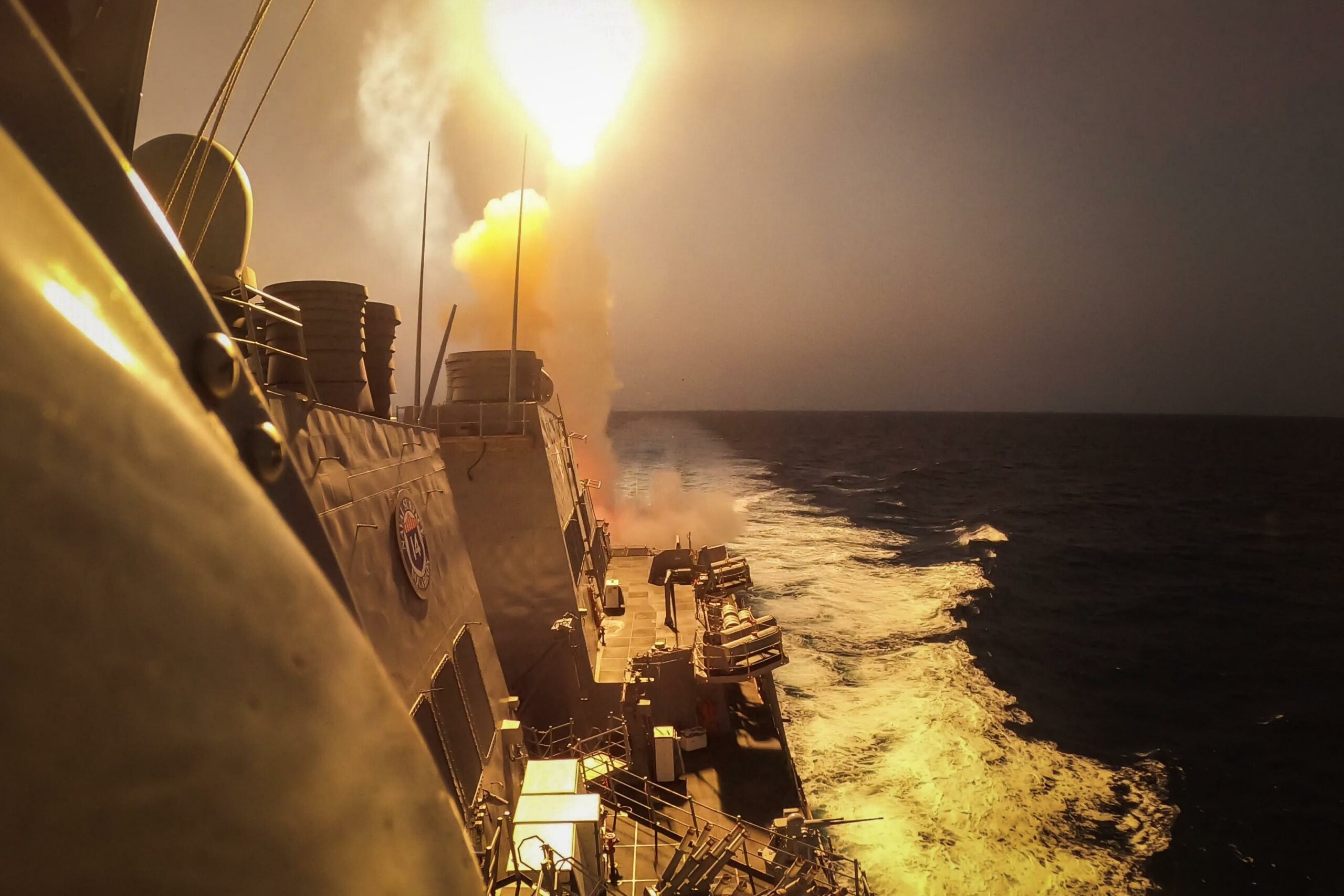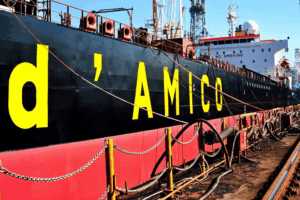Three commercial vessels came under attack in international waters in the southern Red Sea, as reported by US Central Command.
These three vessels are connected to 14 separate nations. The Arleigh-Burke Class destroyer USS Carney responded to the distress calls from the ships and provided assistance.
“We also have every reason to believe that these attacks, while launched by the Houthis in Yemen, are fully enabled by Iran,” the US Central Command said.
The destroyer Carney detected an anti-ship ballistic missile attack fired from Houthi controlled areas of Yemen toward the M/V Unity Explorer, impacting in the vicinity of the vessel.
Bahamas-flagged Unity Explorer, U.K. owned and operated, bulk cargo ship crewed by sailors from two nations. The Carney was conducting a patrol in the Red Sea and detected the attack on the Unity Explorer.
In a separate attack, Unity Explorer reported they were struck by a missile fired from Houthi controlled areas in Yemen. Unity Explorer reported minor damage from the missile strike.
The M/V Number 9 was struck by a missile fired from Houthi controlled areas in Yemen while operating international shipping lanes in the Red Sea. The Panamanian-flagged, Bermuda and U.K. owned and operated, bulk carrier reported damage and no casualties.
Furthermore, the M/V Sophie II, a Panamanian-flagged bulk carrier, crewed by sailors from eight countries, sent a distress call stating they were struck by a missile. The destroyer Carney again responded to the distress call and reported no significant damage.
British maritime security company Ambrey and sources said earlier that the Houthis claimed to have attacked two Israel-linked vessels, while the US Central Command confirmed attacks on three MVs and the destroyer.
Ambrey Analytics assessed the two struck merchant vessels to not be Israel-affiliated at the time. “A historic Israel link exists for one of the vessels,” Ambrey notes, adding “The Houthis’ database is likely outdated and therefore led to mistaken targeting.”



